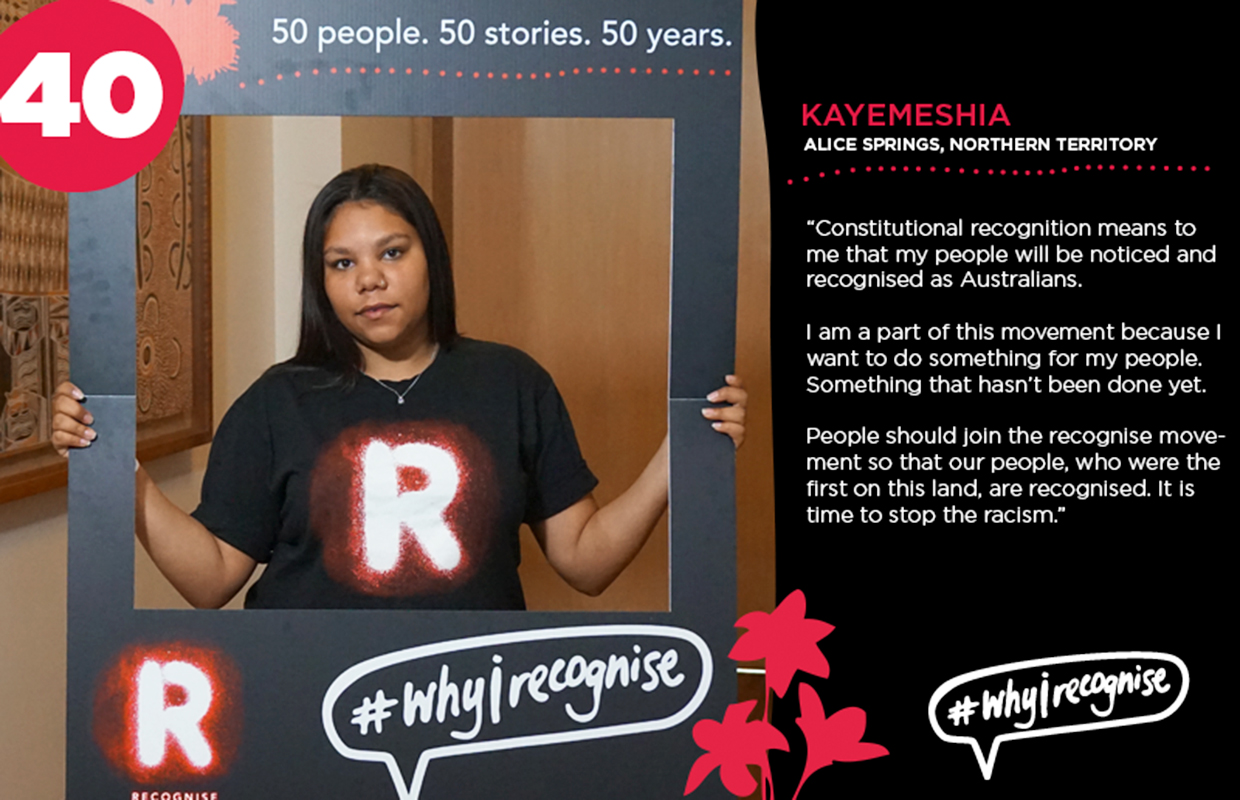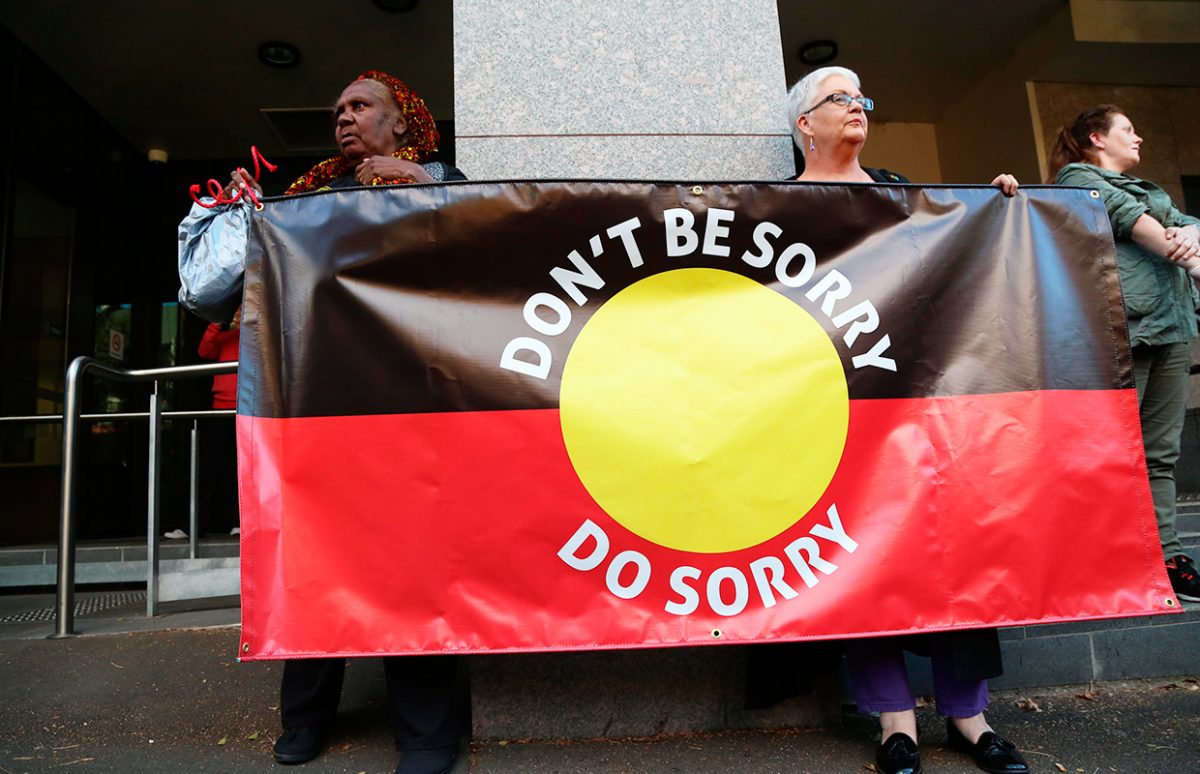For more than 150 years, tens of thousands of Australian Aboriginal children were forcibly removed from their families and communities. On 26 May, Australia recognises and commemorates this injustice on Sorry Day.
Policies of "assimilating" indigenous children started early in the British colonial period in the nineteenth century. It accelerated and became more systematic from 1910. Children were taken away often without warning to boarding schools or placed with white families as foster children or servants. Siblings were separated and many never saw their families again. Indigenous languages were banned.
It was often argued that the removal was for children's good. They would receive an education and be "civilised". Instead they were traumatised and often extremely badly treated and used as cheap labour.
Today the children who were taken away are called the Stolen Generations. The practice was widespread until the 1970s.
Aboriginal groups battled to stop the practice and to gain recognition of the damage it had done. In 1997 a government report, Bringing Them Home, recognised the civil rights abuses. It estimated that at between 1 in 10 and 1 in 3 Aboriginal children had been forcibly removed, affecting almost every family.
Sorry Day
The first National Sorry Day took place in 1998. Hundreds of thousands of Australians signed "Sorry books" and over 20 thousand wrote personalised apologies to indigenous communities.
On 13 February 1998, the newly elected Kevin Rudd made his first act as Prime Minister a solemn apology to the Stolen Generations: "…for the pain, suffering and hurt of these Stolen Generations, their descendants and for their families left behind, we say sorry."
This short video includes footage of Prime Minister Rudd's speech and reaction from the public who gathered to hear it.
In 2005, 26 May was renamed National Day of Healing. But the name Sorry Day has stuck. It is an annual reminder that the indigenous people who have been present in Australia for 60,000 years have suffered at the hands of European settlers.
Constitutional Change
Until 1967, Aboriginals and Torres Strait Islanders were not counted in the Australian Census. That year, more than 90% of Australians voted to reverse that injustice in a referendum. For the 50th anniversary, there is a growing movement to explicitly recognise indigenous Australians in the Constitution as the original inhabitants of the continent. Every state and territory has amended its constitution. Now citizens want the Canberra parliament to do the same.
This is the amendment adopted to the Tasmanian Constitution in October 2016:
And whereas the Parliament, on behalf of all the people of Tasmania, acknowledges the Aboriginal people as Tasmania’s First People and the traditional and original owners of Tasmanian lands and waters; recognises the enduring spiritual, social, cultural and economic importance of traditional lands and waters to Tasmanian Aboriginal people; and recognises the unique and lasting contributions that Tasmanian Aboriginal people have made and continue to make to Tasmania.
Going Further
The Give me five 4e textbook has a whole unit on the Spirit of Australia, which can work in combination with any of these resources.
Download a sample double-page here.
First Australian Facts
- Australian Aboriginals and Torres Strait islanders are the oldest surviving culture in the world, at least 60,000 years.
- At European contact in 1788, there were about 250 language groups. Today there are only 145 indigenous languages still spoken and only 18 by significant numbers of speakers.
- Indigenous people make up 2.5% of the Australian population.
- 32% of Indigenous Australians live in the major cities (as opposed to 69% of the general population). Only 25% live in remote rural areas (the Outback).
- Life expectancy of Indigenous Australians is 11 years lower than the general population. They 13 times more likely to be imprisoned, 3 times more likely to be unemployed, and 4 times less likely to finish their schooling than the general population.
- However, the situation is slowly improving. The NGO Reconciliation Australia hopes that within 25 years the gap between First Australians and the rest of the population will be closed.

Copyright(s) :
© Richard Mines / Photo12 /Alamy
> Sorry Day Teaching Resources
> Australia Digital Resources
Tag(s) : "Aborigines" "Australia" "Australian Aboriginal people" "campaign" "civil rights" "commemoration" "First Australians" "Give Me Five 4e" "indigenous people" "May" "Sorry Day"





